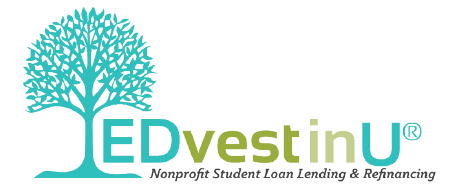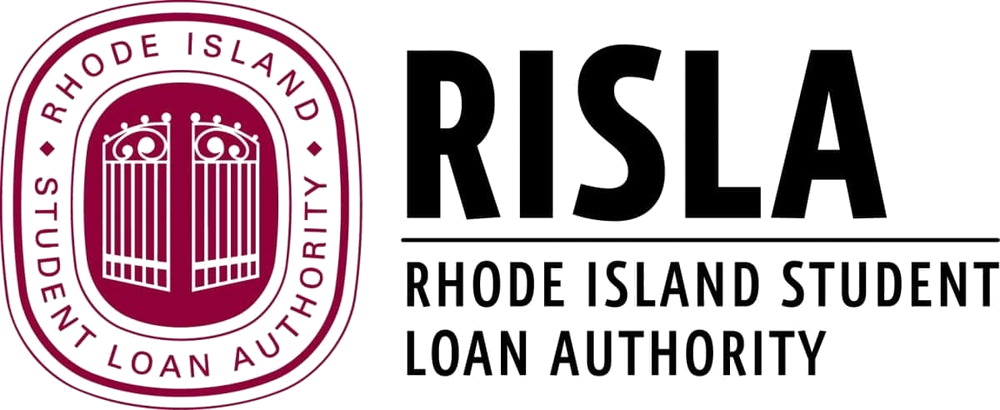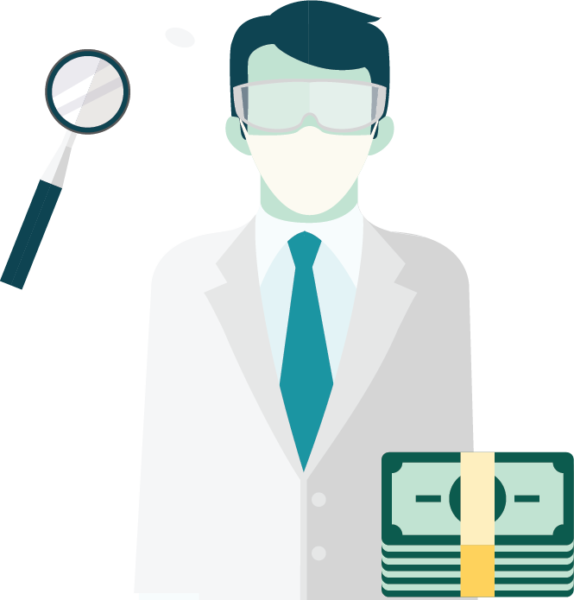Our goal is to give you the tools and confidence you need to improve your finances. Although we receive compensation from our partner lenders, whom we will always identify, all opinions are our own. Credible Operations, Inc. NMLS # 1681276, is referred to here as "Credible."
If you’re like most dental school graduates, you left school with substantial student loan debt — the average student loan balance for dental school grads in 2019 was a staggering $292,169, according to the American Dental Education Association.
With such a large balance, you might feel like you’ll never get out of debt — but student loan forgiveness for dentists can help. There are several programs for both federal and private student loans that could reduce or even eliminate your remaining loan balance.
Here’s what you need to know about student loan forgiveness for dentists:
- Federal student loan forgiveness for dentists
- Repayment assistance programs for both federal and private student loans
- Don’t qualify for student loan forgiveness? Refinancing could help
Federal student loan forgiveness for dentists
If you have federal student loans, there are two main student loan forgiveness programs for dentists:
Public Service Loan Forgiveness
If you’re employed at a nonprofit organization or a local, state, or federal government agency, Public Service Loan Forgiveness (PSLF) could be an option.
You might be eligible for PSLF as a dentist if you work for a nonprofit dental clinic, community healthcare center, or nonprofit dental organization or association.
- Work full time for an eligible employer for 10 years
- Make 120 qualifying monthly payments toward your student loans
If you meet these requirements, your remaining loan balance could be forgiven tax-free.
You can use the PSLF Help Tool to see if your loans and employment qualify for PSLF.
Learn More: How to Refinance Your Student Loans
Income-driven repayment plan forgiveness
If you aren’t eligible for PSLF, another option for your federal student loans is income-driven repayment (IDR).
On an IDR plan, your monthly loan payment is based on your income and family size, which could reduce your monthly payment. This could be especially helpful when you’re starting your career and your income is relatively low.
There are four IDR plans available:
- Income-Based Repayment
- Income-Contingent Repayment
- Pay As You Earn (PAYE)
- Revised Pay As You Earn (REPAYE)
Depending on which IDR plan you choose, you’ll make payments for 20 to 25 years. If you still have a remaining balance at the end of your term, it will be forgiven.
You can apply for an IDR plan online. When you fill out the application, you can request a specific IDR plan, or you can ask for whichever IDR plan will give you the lowest monthly payment.
But the savings through IDR could still be substantial.
Learn More: How to Pay Off Student Loans
Repayment assistance programs for both federal and private student loans
If you’re looking for private student loan repayment options or have a mix of both federal and private student loans, the following loan repayment programs could help:
National Health Service Corps Loan Repayment Program
Best for: Doctors of Dental Surgery and Doctors of Medicine in Dentistry with specialties in pediatric dentistry or general dentistry
Program details: Qualifying dentists who commit to working full time for two years in a Health Professional Shortage Area (HPSA) designated by the National Health Service Corps (NHSC) could be eligible for up to $50,000 in loan repayment assistance.
National Health Service Corps Students to Service Loan Repayment Program
Best for: Students in their last year of dental school pursuing a Doctor of Medicine, Doctor of Dental Surgery, or Doctor of Medicine in Dentistry degree who are eligible for federal employment
Program details: In return for three years of service in a designated HPSA, awardees could receive up to $120,000 in loan repayment assistance.
Health Resources & Services Administration Faculty Loan Repayment Program
Best for: Individuals from disadvantaged backgrounds who are employed as faculty members at health profession institutions
Program details: If you’re a faculty member teaching dentistry at an approved health professions institution and commit to teaching for at least two years, you could receive up to $40,000 to repay your student loans.
National Institutes of Health Loan Repayment Programs
Best for: Individuals with an interest in biomedical or biobehavioral research
Program details: The National Institutes of Health recruit qualified health professionals — including dentists — to conduct biomedical and biobehavioral research. In return, its Loan Repayment Program will repay up to $50,000 of your student loan debt per year of service.
Indian Health Service Loan Repayment Program
Best for: Dental professionals working within Tribal communities.
Program details: Dental professionals who make a two-year commitment to practice in health facilities serving American Indian and Alaskan Native communities could receive up to $40,000 to repay their student loans.
Military loan repayment programs
Best for: Military service members
- Air Force: The Air Force Active Duty Health Professions Loan Repayment Program gives participants up to $80,000 for repayment of their student loans.
- Army: In the Army Active Duty Health Professions Loan Repayment Program, participants could receive up to $120,000 to pay down dental school loans.
- Navy: Under the Navy Health Professions Loan Repayment Program, students enrolled in their final year of school for a specialty qualification in dentistry could receive up to $40,000 per year in loan repayment.
Learn More: Refinancing Student Loans With Bad Credit
State dentist loan repayment programs
Some states offer state loan repayment programs to attract talented health professionals. Generally, if you commit to working for a set period of time in a high-need area, the state will pay off a portion of your student loan debt.
For example, dentists in Delaware can qualify for up to $100,000 in aid through the Delaware State Loan Repayment Program if they work full time for two years in a designated HPSA.
For more information, visit the American Dental Education Association’s database.
Find your state’s loan repayment program
Don’t qualify for student loan forgiveness? Refinancing could help
If you aren’t eligible for student loan forgiveness, another potential option to manage your debt is student loan refinancing. With refinancing, you might be able to lower your monthly payments or get a lower interest rate.
Learn More: Private Student Loan Consolidation
If you decide to refinance, be sure to consider as many lenders as possible to find the right loan for you. You can do this easily with Credible — fill out a single form and you can compare your rates from our partner lenders in the table below in two minutes.
| Lender | Fixed rates from (APR) | Variable rates from (APR) |
|---|---|---|
 | 3.99%+ | 5.33%+ |
 | 6.49%+1 | 7.03%+1 |
 | 6.99%+2 | 6.99%+2 |
 | 6.0%+5 | 8.06%+5 |
 | 5.48%+3 | 5.28%+3 |
 | 6.15%+4 | 8.5%+4 |
 | 5.24%+ | 5.54%+ |
 | 6.2%+ | N/A |
 | 6.34%+ | N/A |
| Compare personalized rates from multiple lenders without affecting your credit score. 100% free! |
||
All APRs reflect autopay and loyalty discounts where available | 1Citizens Disclosures | 2College Ave Disclosures | 5EDvestinU Disclosures | 3 ELFI Disclosures | 4INvestEd Disclosures | 7ISL Education Lending Disclosures | 8Nelnet Bank Disclosures |
||
